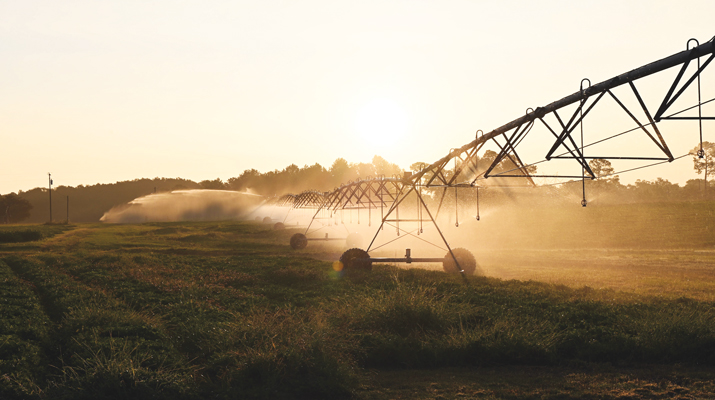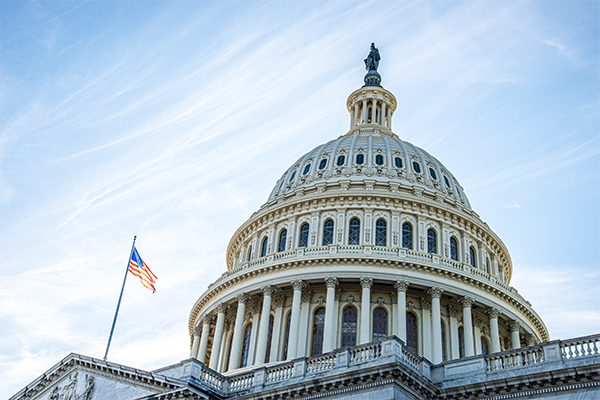The dog days of summer
It’s the dog days of August in Washington, and Congress has closed up shop and gone home for their annual August recess. Congress plans to return on Sept. 5 and has a lot of unfinished business that may be of interest to the propane industry and those working in it.
 Lisa Bontempo |
A Republican-sponsored bill (H.R. 1369) that prohibits states from imposing higher taxes on natural gas pipelines than it levies on other businesses is before the House Judiciary Committee.
Democrats have raised concerns about an item in the bill that gives pipeline companies access to federal courts for challenges to state tax policies; industry supporters say the bill gives natural gas pipelines the same protections granted to those that transport goods via rail, plane and truck.
The debate over raising Corporate Average Fuel Economy Standards continues. A White House-backed bill has not yet been brought to the floor of the House. The bill changes the way fuel standards are set; critics say it won’t reduce fuel consumption. A bipartisan effort (HR 3782) calls for specific increases in standards.
Permanent repeal of the estate tax is a major item of the Republican agenda and has strong support in the business community. While efforts this year for permanent repeal so far have failed, the House passed a bill in June that permanently reduces the estate tax.
As written, however, it does not appear to have enough support to pass the Senate. Changes regarding setting the top tax rate for wealthier estates (those worth more than $25 million) are being discussed to make Senate passage possible.
Chemical security legislation creating a new system to regulate chemical plant security passed the House Homeland Security Subcommittee. The measure, which does not currently include propane facilities, creates a risk-based system to rank facilities and requires companies to create security plans.
The Senate is working on related legislation and has passed a measure through its Homeland Security and Governmental Affairs Committee. Democrats and some Republicans continue to push for the bill to include a mandate to use safer technologies and safer alternatives to existing chemicals or processes used at facilities.
Democrats have called for a gradual increase of the minimum wage rate from $5.15 to $7.25 by 2009 and succeeded in attaching and passing the provision on a measure before the House Appropriations Committee. Appropriation bills fund the federal government and as such are must-pass measures each year.
However, appropriation measures often get pushed to the end of a legislative session. If that is the case this year, it will be after the elections and Republicans may remove the language. Democrats are also trying to get a stand-alone vote on the Senate floor to use as a political club during the elections.
The House of Representatives passed a bill to end the 25-year federal moratorium on most offshore exploration and development of oil and natural gas. The bill allows states to opt out and continue bans in their own waters, and gives coastal states a share of drilling revenue. Critics condemn the revenue sharing provisions of the bill as a drain on the federal treasury and for doing nothing to promote new energy production.
The Senate plan is not as far ranging as the House bill, and many details and regional political issues related to expanding oil and natural gas exploration along the Gulf of Mexico have yet to be resolved.
With the mid-term elections on Nov. 7, both House Majority Leader John Boehner (R-Ohio) and Senate Majority Leader Bill Frist (R-Tenn.) plan to break on Sept. 29 to allow time for Congress members to campaign. Obviously, this leaves little time for legislative action, but you can never underestimate the impact that election year pressures, rapidly changing world affairs and markets may bring.
















